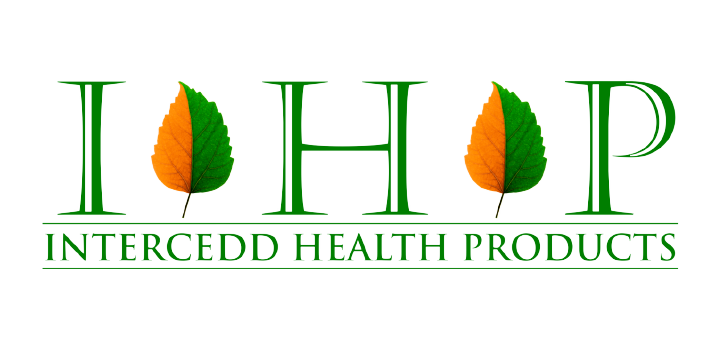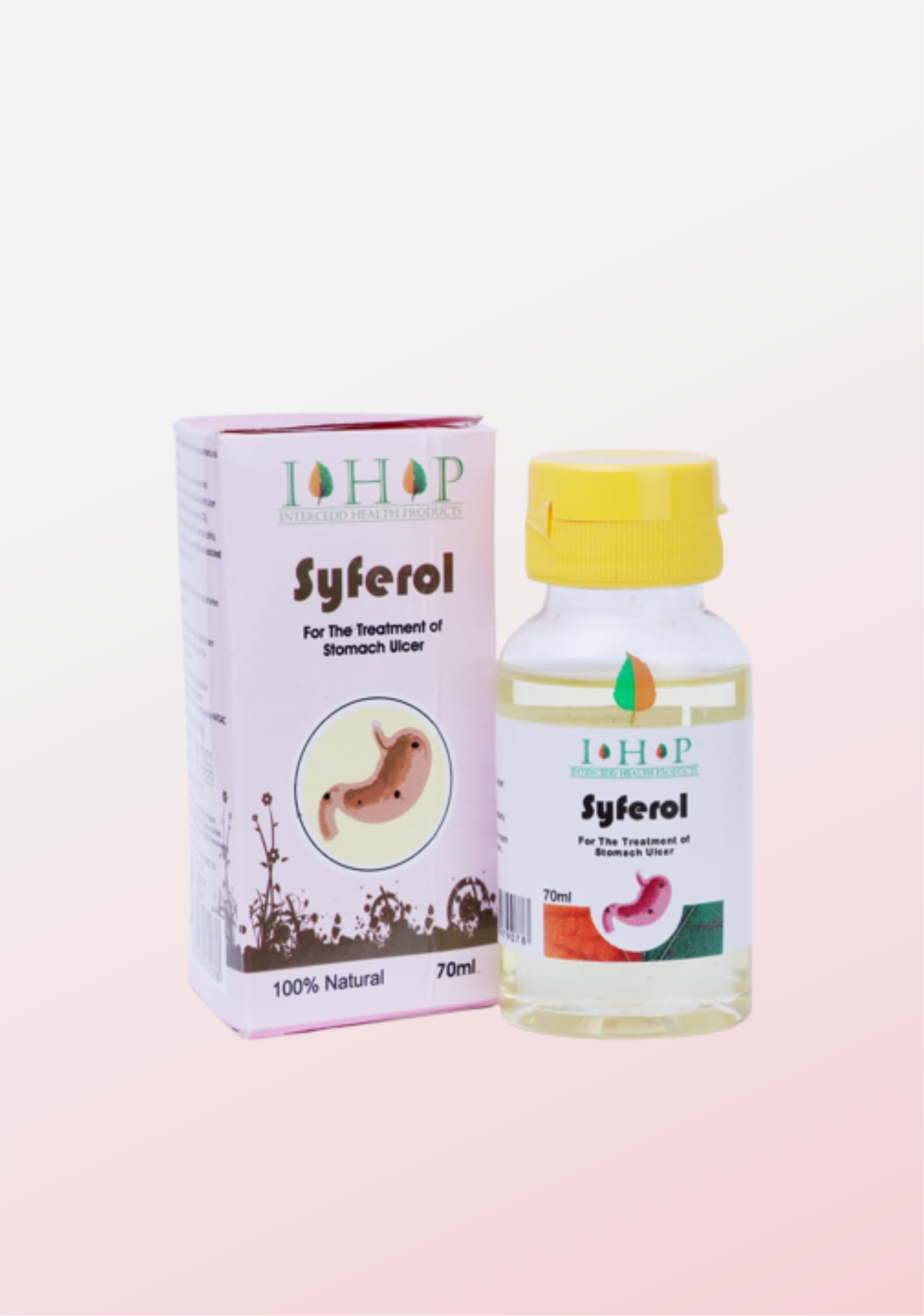Does Herbal remedies cure hypertension in Nigeria
In the vast global health landscape, high blood pressure emerges as a prevalent and critical concern affecting millions worldwide. It’s imperative to delve into the definition and prevalence of high blood pressure, understanding the intricacies of this silent but impactful condition that silently jeopardizes well-being.
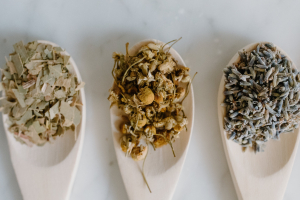
High blood pressure, often dubbed the “silent killer,” refers to the force of blood against the walls of arteries, and its prevalence is staggering. With the gravity of this health issue in mind, it becomes essential to explore alternative avenues for managing and mitigating its effects. Here, we spotlight the profound influence of traditional medicine in Nigeria, a country rich in cultural heritage and holistic healing practices.
Traditional medicine in Nigeria is deeply rooted in age-old practices, passed down through generations. As we embark on this exploration, we unravel the unique aspects of traditional healing methods in the context of high blood pressure. Join us on this journey where we navigate the corridors of health, merging modern understanding with ancient wisdom to foster a holistic approach to combating high blood pressure within the cultural tapestry of Nigeria.
Understanding High Blood Pressure
High blood pressure, or hypertension, is a common yet potentially serious medical condition characterized by elevated blood pressure levels within the arteries. Understanding its causes and risk factors is crucial for effective management.
Causes and Risk Factors
High blood pressure can result from a myriad of factors, including genetics, age, and lifestyle choices. Hereditary influences play a role, as does advancing age. Unhealthy habits such as a sedentary lifestyle, excessive salt intake, and tobacco use contribute significantly. Conditions like obesity and diabetes also elevate the risk. Stress and excessive alcohol consumption further compound these factors, creating a complex interplay that can lead to hypertension.
Conventional Treatments
Conventional treatments for high blood pressure encompass lifestyle modifications and medication. Lifestyle changes involve adopting a heart-healthy diet rich in fruits, vegetables, and low-fat dairy, regular physical activity, weight management, and limiting alcohol and sodium intake. Medications, often prescribed based on the severity of the condition, include diuretics, beta-blockers, ACE inhibitors, and calcium channel blockers.
Regular monitoring and collaboration with healthcare professionals are essential for tailoring an effective treatment plan to reduce blood pressure levels and mitigate the risk of complications. Understanding the multifaceted causes and embracing a comprehensive treatment approach is paramount in managing high blood pressure and promoting long-term cardiovascular health.
Herbal Medicine in Nigeria and Historical Perspective
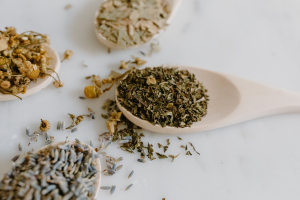
A. Traditional Healing Practices
Herbal medicine has been an integral part of Nigerian culture for centuries, deeply rooted in traditional healing practices passed down through generations. Indigenous communities relied on the abundant flora of Nigeria’s diverse landscapes, harnessing the healing properties of plants to treat various ailments. Traditional healers, known as herbalists or traditional medicine practitioners, played a central role in administering herbal remedies and preserving ancient healing knowledge.
B. Cultural Significance of Herbal Remedies
Herbal remedies hold profound cultural significance in Nigerian society, symbolizing a connection to nature, ancestral wisdom, and spirituality. Many herbal remedies are steeped in rituals and ceremonies, reflecting the cultural beliefs and values of different ethnic groups across the country. Herbal medicine is not merely a form of treatment but a way of life deeply intertwined with cultural identity and heritage.
C. Evolution of Herbal Medicine in Modern Healthcare
In recent years, there has been a growing recognition of the value of herbal medicine in modern healthcare practices. Traditional herbal remedies are increasingly being integrated into mainstream medicine, with research validating their efficacy and safety. This evolution signifies a shift towards holistic healthcare approaches that embrace the healing potential of nature alongside conventional treatments. Collaborative efforts between traditional healers and modern healthcare professionals are paving the way for a more comprehensive and inclusive healthcare system in Nigeria, bridging the gap between traditional wisdom and contemporary medical science.
Herbal Drugs for High Blood Pressure it’s Efficacy and Safety
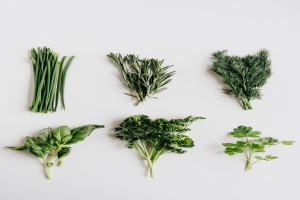
A. Commonly Used Herbs in Nigeria for Hypertension Management
1. Scent Leaf (Ocimum gratissimum): Widely known as “Nchuanwu” in Nigeria, scent leaf possesses antioxidant properties that may aid in lowering blood pressure levels.
2. Bitter Leaf (Vernonia amygdalina): Commonly referred to as “Onugbu,” bitter leaf is valued for its anti-inflammatory and vasodilatory effects, potentially contributing to blood pressure reduction.
3. Garlic (Allium sativum): Garlic has been a staple in traditional medicine for its cardiovascular benefits, including its ability to relax blood vessels and reduce blood pressure.
4. Hibiscus (Zobo): Hibiscus tea, locally known as “Zobo,” is rich in flavonoids and antioxidants, which have demonstrated blood pressure-lowering effects in various studies.
B. Scientific Evidence Supporting Herbal Remedies
1. Studies and Clinical Trials: Numerous scientific studies and clinical trials have explored the efficacy of these herbs in managing hypertension, with many demonstrating promising results in reducing blood pressure levels.
2. Mechanisms of Action: The mechanisms underlying the efficacy of these herbal remedies include vasodilation, reduction of oxidative stress, and inhibition of angiotensin-converting enzyme (ACE), all of which contribute to lowering blood pressure effectively.
C. Potential Side Effects and Interactions
While herbal drugs for hypertension are generally considered safe, it’s important to be aware of potential side effects and interactions. Consulting with a healthcare professional before incorporating herbal remedies into your hypertension management regimen is crucial to ensure safety and efficacy, particularly if you are taking medications or have existing health conditions.
Accessing Herbal remedies for hypertension in Nigeria
In Nigeria, accessing herbal remedies is deeply intertwined with cultural traditions and holistic approaches to healthcare.
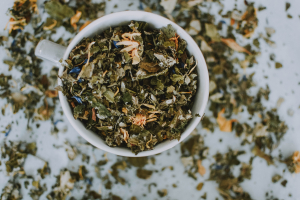
Availability and Accessibility: Herbal remedies are widely available across the country, with local markets, herbalists, and traditional medicine practitioners serving as primary sources. Additionally, herbal supplements can be found in pharmacies and health food stores, offering convenience for urban residents. However, rural areas may face challenges in access due to limited infrastructure and healthcare facilities.
Regulations and Quality Control Measures: The regulation of herbal remedies in Nigeria falls under the purview of the National Agency for Food and Drug Administration and Control (NAFDAC). NAFDAC enforces regulations to ensure the safety, efficacy, and quality of herbal products through stringent quality control measures and registration processes.
Cultivating Herbs at Home: Cultivating herbs at home provides an accessible and sustainable option for accessing herbal remedies. Beginners can start by selecting herbs suited to their climate and growing conditions, such as basil, mint, and parsley. Simple gardening techniques, including proper watering, sunlight, and soil maintenance, can yield a bountiful harvest of fresh herbs for personal use. Additionally, home cultivation empowers individuals to have greater control over the quality and purity of the herbs they consume, promoting self-sufficiency and wellness within communities.
Government Regulations and Policies
In various sectors, including healthcare, government regulations and policies play a pivotal role in shaping standards, ensuring safety, and fostering innovation.
Government regulations and policies governing healthcare are multifaceted, encompassing areas such as drug approval, patient safety, and healthcare delivery. Regulatory bodies like the Food and Drug Administration (FDA) in the United States and the European Medicines Agency (EMA) in Europe set rigorous standards for the approval and marketing of pharmaceuticals, medical devices, and treatments. These regulations aim to safeguard public health, promote efficacy, and mitigate risks associated with healthcare products and services.
The future of government regulations and policies in healthcare holds profound implications for stakeholders, including patients, healthcare providers, and industry players. Emerging technologies, such as artificial intelligence and precision medicine, present new challenges and opportunities for regulatory frameworks to adapt and evolve. Future policies may focus on accelerating drug development processes, enhancing patient access to innovative therapies, and addressing disparities in healthcare delivery.
Moreover, global health crises, such as the COVID-19 pandemic, underscore the importance of agile regulatory responses and international collaboration to ensure timely access to safe and effective treatments. As governments continue to navigate complex healthcare landscapes, collaborative efforts between regulators, industry stakeholders, and the public will be crucial in shaping policies that prioritize patient safety, promote innovation, and improve health outcomes.
Success Stories: Inspiring Tales of Achievement
Success stories often begin with personal testimonials, where individuals share their journeys of triumph and transformation. These narratives are heartfelt accounts of overcoming challenges, achieving goals, and experiencing profound change. Whether it’s conquering a health obstacle, reaching a career milestone, or realizing a lifelong dream, personal testimonials serve as beacons of hope and inspiration. They resonate deeply with audiences, offering encouragement, motivation, and reassurance that even in the face of adversity, success is attainable. Personal testimonials remind us of the resilience of the human spirit and the power of perseverance, inspiring others to embark on their paths to success.
In addition to personal testimonials, case studies provide detailed insights into successful ventures, initiatives, or projects. These in-depth analyses explore the strategies, challenges, and outcomes of specific endeavors, offering valuable lessons and best practices for replication. Case studies showcase real-world examples of innovation, problem-solving, and achievement across various industries and disciplines. From business breakthroughs to social impact initiatives, case studies demonstrate the tangible results of strategic planning, collaboration, and determination.
They serve as practical guides for organizations and individuals seeking to replicate success, offering actionable insights and strategies for driving positive change. Through personal testimonials and case studies, success stories inspire, educate, and empower, reminding us of the limitless potential within each of us to achieve greatness.
Integrating Herbal Remedies into Daily Life
Dietary Adjustments
Incorporating herbal remedies into daily life often begins with dietary adjustments aimed at supporting overall health and well-being. This may involve incorporating nutrient-rich foods such as fruits, vegetables, whole grains, and lean proteins into meals. Additionally, integrating herbs and spices known for their medicinal properties, such as turmeric, ginger, and cinnamon, can enhance the nutritional value of dishes while providing potential health benefits.
Herbal teas and infusions made from ingredients like chamomile, peppermint, and lemon balm can also complement a balanced diet, offering hydration and promoting relaxation. By making conscious dietary choices and incorporating herbal elements into meals and beverages, individuals can optimize their nutrition and support their body’s natural healing processes.
B. Lifestyle Changes
In addition to dietary adjustments, lifestyle changes play a crucial role in integrating herbal remedies into daily life. This may include prioritizing regular physical activity, practicing stress-reduction techniques such as meditation or yoga, and ensuring adequate sleep. Engaging in activities that promote relaxation and mental well-being, such as spending time in nature or pursuing hobbies, can also complement the use of herbal remedies.
By adopting a holistic approach to wellness that addresses dietary, lifestyle, and emotional factors, individuals can harness the power of herbal remedies to enhance their overall quality of life and promote long-term health and vitality.
FAQ:
A. Are Herbal Remedies Safe for Everyone?
Herbal remedies are generally safe for many individuals when used appropriately and in moderation. However, certain herbs may interact with medications or exacerbate underlying health conditions. It’s essential to consult with a healthcare professional before incorporating herbal remedies into your routine, especially if you have existing health concerns or are taking medications.
B. Can Herbal Drugs Replace Conventional Medications?
While herbal drugs can complement conventional medications and may offer alternative treatment options for certain conditions, they are not always a substitute for prescribed medications. In some cases, conventional medications may be necessary to manage specific health conditions effectively. It’s crucial to work with a healthcare provider to determine the most appropriate treatment plan for your individual needs.
C. How Long Does it Take to See Results?
The timeframe for experiencing results from herbal remedies varies depending on several factors, including the specific herb used, the severity of the condition being treated, and individual differences in metabolism and response.
Some individuals may notice improvements relatively quickly, while others may require more time for the effects to become evident. Consistency in use and adherence to recommended dosages are essential for achieving optimal results.
D. Are Herbal Remedies Affordable?
In many cases, herbal remedies can be a cost-effective option compared to conventional medications, particularly for individuals without insurance coverage or access to healthcare services. However, the affordability of herbal remedies may vary depending on factors such as the availability of herbs, processing methods, and market demand.
Additionally, some specialized herbal formulations or products may be more expensive. It’s essential to consider both the cost and potential benefits of herbal remedies when making decisions about healthcare options.
Conclusion
In conclusion, the exploration of herbal remedies for hypertension in Nigeria underscores the importance of holistic approaches to healthcare. While herbal remedies have been utilized for centuries in managing various health conditions, including hypertension, it’s crucial to approach their use with caution and awareness.
We have examined commonly used herbs in Nigeria for hypertension management, explored scientific evidence supporting their efficacy, and discussed potential side effects and interactions. It is evident that herbal remedies offer promising avenues for supporting cardiovascular health, but they should be integrated into a comprehensive treatment plan under the guidance of healthcare professionals.
As we navigate the landscape of hypertension management in Nigeria, let us continue to advocate for increased awareness, research, and access to holistic healthcare options. It is essential to empower individuals with knowledge about the benefits and limitations of herbal remedies, ensuring informed decision-making and promoting overall well-being.
Do Herbal remedies cure hypertension in Nigeria? While herbal remedies may offer support in managing hypertension, they should not be viewed as a cure-all solution. It is imperative to approach hypertension management with a multifaceted approach that includes lifestyle modifications, conventional treatments, and judicious use of herbal remedies. By fostering collaboration between traditional healing practices and modern healthcare, we can strive towards better cardiovascular health outcomes for all Nigerians.
References:
https://www.hopkinsmedicine.org/health/wellness-and-prevention/herbal-medicine
https://www.ncbi.nlm.nih.gov/pmc/articles/PMC8642617/
https://en.wikipedia.org/wiki/Ocimum_gratissimum
